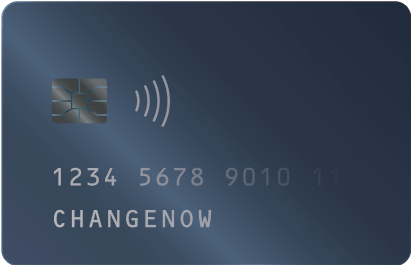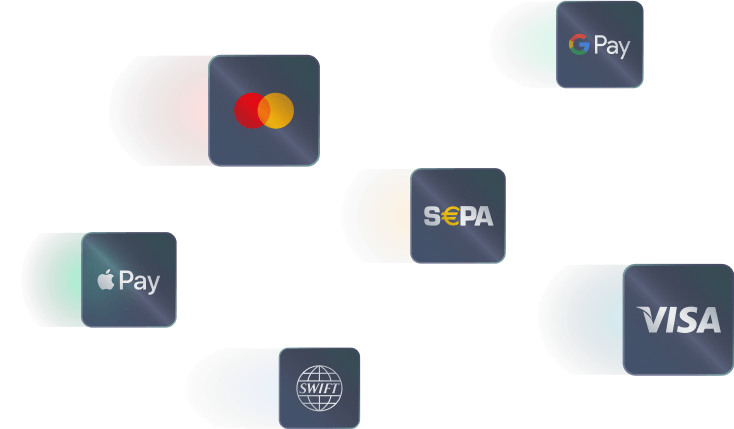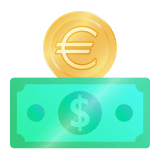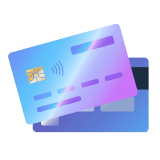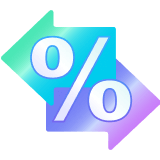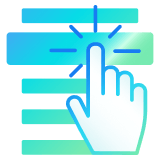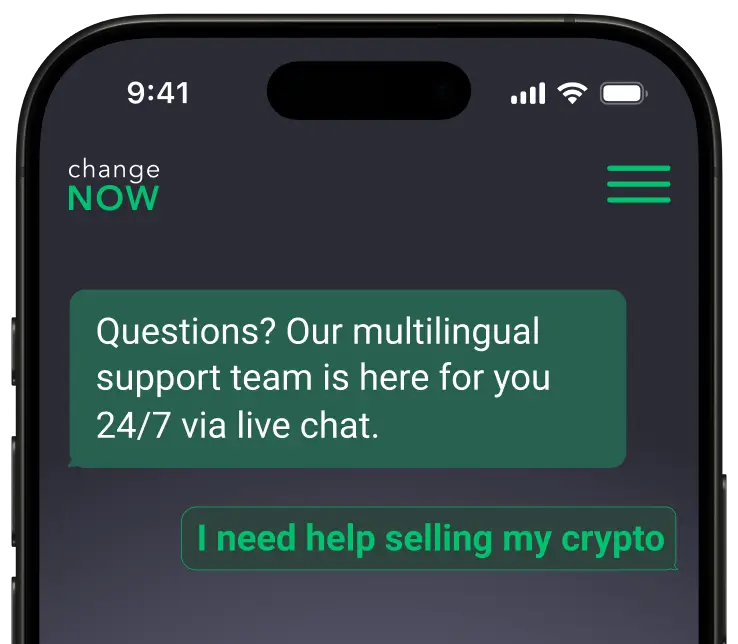IOTA is a distributed ledger created to facilitate the Internet of Things (IoT), more specifically transactions within it. It was created by Serguei Popov, David Sønstebø, and Dominik Schiener and released in 2016. The founders are confident that due to minimal transaction fees, the IOTA coin will be able to become a means of payment, which will ensure the operation of automated systems both at home and at work.
IOTA claims to solve several issues other crypto projects face, including the centralization of mining, slow transactions, and scalability. Unlike traditional cryptocurrencies, IOTA does not use a blockchain but rather a new technology called Tangle. Tangle is a directed acyclic graph (DAG) and is a system of nodes without a sequence. Such an architecture allows nodes to multiple nodes in the network creating a parallel system. Transactions are validated with the help of tips which are two previous transactions. MIOTA is a premined token created by a non-profit organization that is claimed to grant it more trust and value. The absence of miners and stakers removes the idea of fees when it comes to value and data transactions.
Historically, IOTA relied on a component known as the Coordinator to protect the network during its early stages. While this approach helped prevent certain attacks, it also raised concerns about centralization. The project’s long-term initiative, known as Coordicide, aims to remove this component and transition the network toward full decentralization.
In August 2021, the IOTA Foundation announced that it will be involved with the Gaia-X project, an infrastructure created to address the issue of data usage in Europe.


